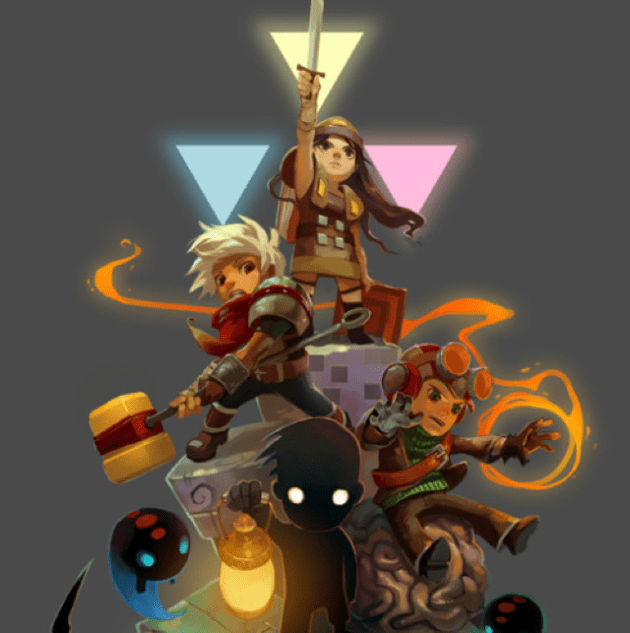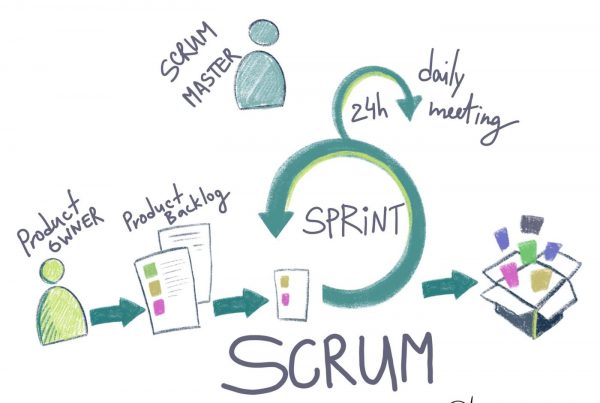“I love games and I want to make them for a living, but I don’t know where to start. How can I become a game developer?”
I’ve been asked the above question (or a variant of it) several times. So after replying to a bunch of them, I decided to write a small blog post on the subject.

Below are lessons I learned the hard way making games as an indie developer:
- Get started: The gaming industry is very diverse with a lot of genres, platforms, business models (etc…), and it’s easy to get overwhelmed. Don’t worry about not knowing all the answers. Pick a project that you think you can complete (it can even be a clone) and dive into it. If you make mistakes along the way then start over. Your priority right now is to learn as much as you can about game development, and the best way to grow is by learning from your mistakes.
- Start small & ship: Once you decide on a concept, make it smaller, make it even smaller, make it EVEN smaller, and then ship it. One shipped average game is worth more than ten amazing games that never see the light of day. To be clear, I am not advocating releasing bad games and shovelware (see point #9). But actually completing projects and covering the whole development cycle from A to Z.
- Keep your special project for later: You might have that special game brewing in your head that you always wanted to make. Don’t work on that project until you ship a few games and gain more experience.
- Attend game jams and other meet-ups: Global Game Jam is an international event that is also a great place to network with other developers and designers. Go outside your confront zone and be part of the global gaming community. Trust me, it’s worth it.
- Don’t quit your day job: I advise you not to quit your day job if you are just starting out. Chances that you won’t earn a lot of revenues from the first few titles you release. Once you feel ready to commit and the risks are well calculated and taken into account, then take a deep breath and take the plunge.
- Learn the ins and outs of the gaming industry: Follow the news, listen to podcasts, read blogs, know the major players (etc…). You are not working in a vacuum so understand the market well.
- Pay attention to game design: Gameplay comes first. It doesn’t matter if you use the latest cutting-edge technology or have the prettiest art style. If your game is not fun then no one will care enough to play it. Learn about game design (I recommend reading “The Art of Game Design: A book of lenses“), get versed on UX, and play games and try to analyze what makes them tick.
- Find a couple of peers: There will be times that you will be so burned out from crunching (especially if you are doing this as a side job), that you just want to quit. Working with a team helps you stay motivated and focused on your goal. Not to mention that the more you are exposed to people from different disciplines (art, design, production, marketing, etc…), the broader your vision will be.
- Don’t be afraid to kill projects/features: Sometimes a concept is good and worth investing in and sometimes it’s not. Don’t get too attached to any mechanic or project and know when to sunset.
- Keep iterating: Game development is all about iteration and balancing. Heads up that a good chunk of your development time will be playtesting and talking to players to find the “fun”.
Games will always have a special place in my heart. Hope this post proves useful to you guys 🙂





